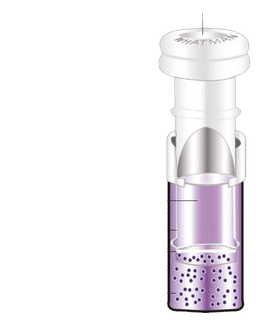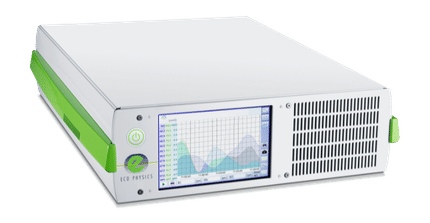To use all functions of this page, please activate cookies in your browser.
my.chemeurope.com
With an accout for my.chemeurope.com you can always see everything at a glance – and you can configure your own website and individual newsletter.
- My watch list
- My saved searches
- My saved topics
- My newsletter
Tropical sprue
Tropical sprue is a malabsorption disease commonly found in the tropical regions, marked with abnormal flattening of the villi and inflammation of the lining of the small intestine. It differs significantly from coeliac sprue. Product highlight
SymptomsThe symptoms of tropical sprue are:
Left untreated, nutrient and vitamin deficiencies may develop in patients with tropical sprue. These deficiencies may have the following symptoms:
SignsDiagnosis of tropical sprue can be complicated because many diseases have similar symptoms. The following signs are suggestive:
Tropical sprue is largely limited to within about 30 degrees north and south of the equator. Therefore, if one resides outside of that geographical region, recent travel to the region is a key factor in diagnosing this disease. CauseThe cause of tropical sprue is not known. It has been suggested that it is caused by bacterial, viral, amoebal, or parasitic infection. Folic acid deficiency and rancid fat have also been suggested as possible causes. In a condition called coeliac (also: celiac) disease (also known as coeliac sprue), which has similar symptoms to tropical sprue, the flattening of the villi and small intestine inflammation is caused by an autoimmune disorder. Affected RegionsThe disease was first described by William Hillary in 1759 in Barbados. Tropical sprue is endemic to India and southeast Asia, Central and South America, and the Caribbean. TreatmentOnce diagnosed, tropical sprue can be treated by a course of the antibiotic tetracycline and vitamins B12 and folic acid for at least 6 months. PreventionPreventions of tropical sprue include avoiding travel to the affected regions. If you have to travel, remember to use only bottled water for drinking, brushing teeth, and washing food. Do not eat fruits that have been washed with tap water or limit yourself to fruits that can be peeled, such as banana and oranges. PrognosisThe prognosis for tropical sprue is excellent. It usually does not recur in patients who get it during travel to affected regions. The recurrence rate for natives is about 20%.
|
|||||||||||||||||||||||||
| This article is licensed under the GNU Free Documentation License. It uses material from the Wikipedia article "Tropical_sprue". A list of authors is available in Wikipedia. | |||||||||||||||||||||||||







